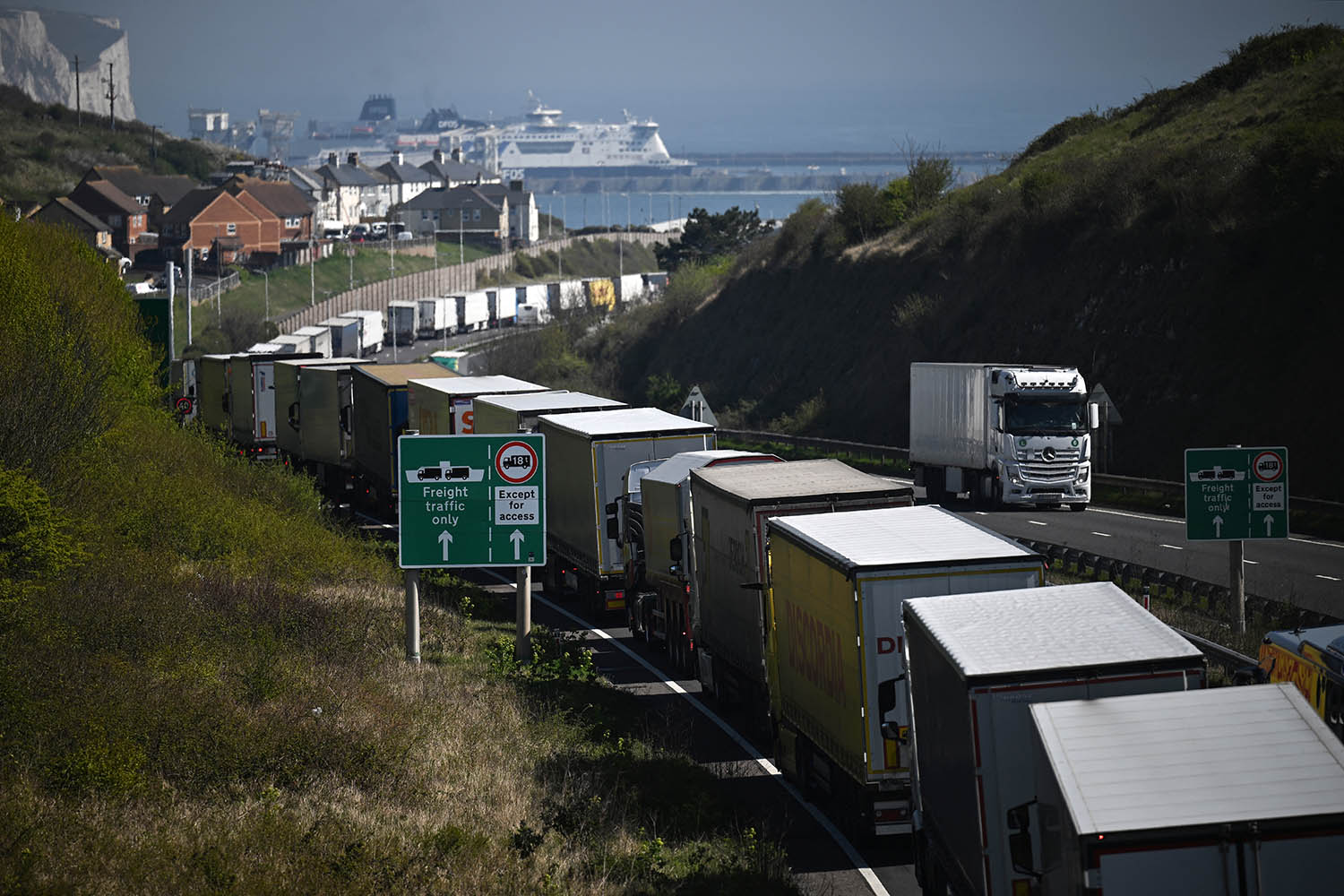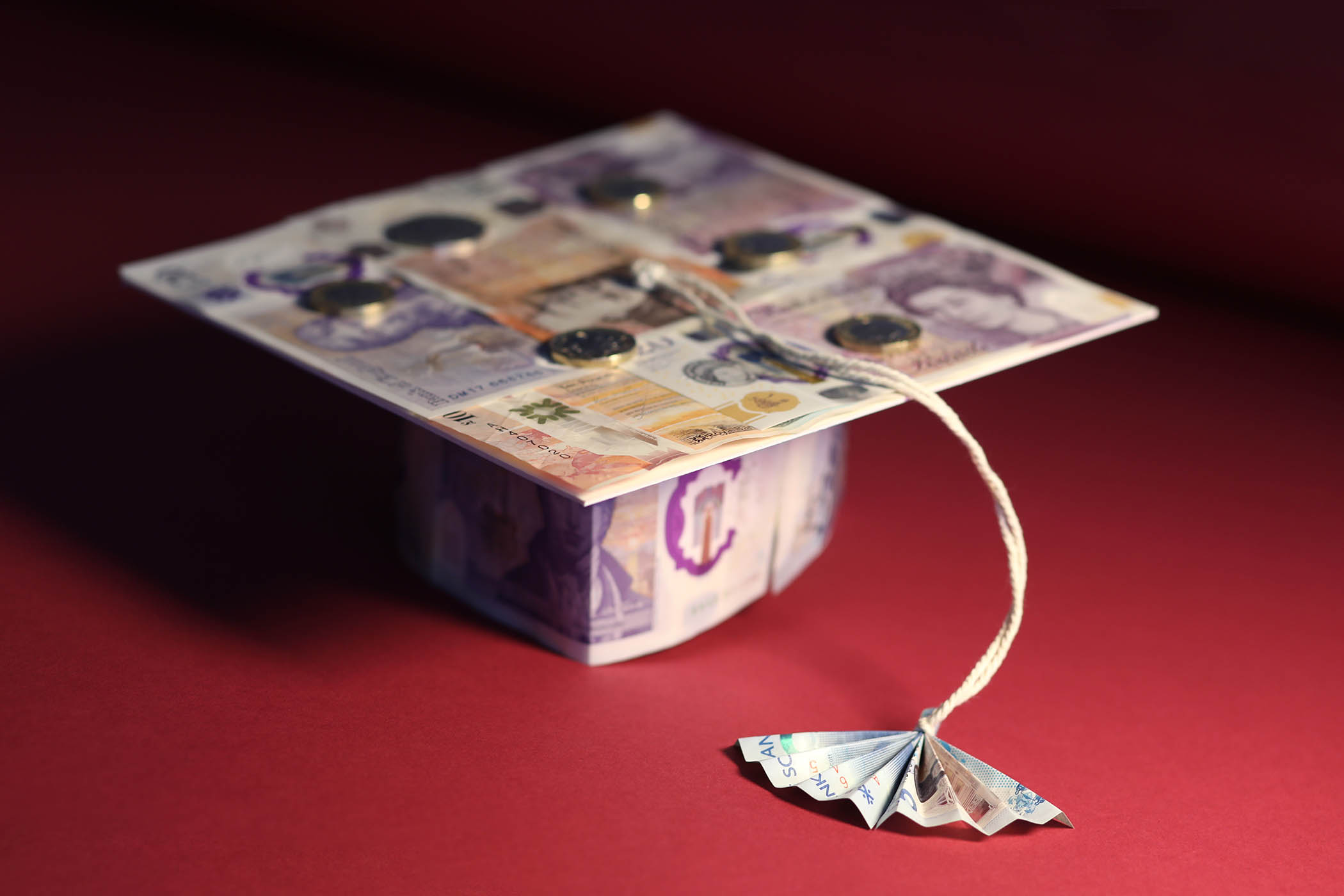In this age of soundbites, it made a good headline: “Starmer warns Trump ‘don’t start a trade war’.” Oh, so well intentioned. But that was on Monday 31 March. In no time, the singularly ill-intentioned 47th US president brought the economic and trading house down: chaos not seen since the 1930s, overturning a well functioning world order built by enlightened leaders who had learned the lessons of the damage caused by rampant protectionism and beggar-my-neighbour policies.
So much for Keir Starmer’s good intentions! So much for that fanciful special relationship! Last week, the International Monetary Fund caused a stir – hardly unexpected – by revising its economic growth forecasts downwards for the UK and most others. I say growth forecasts but the growth now being forecast for the UK is so exiguous that it is within the margin of error and could well portend stagnation.
Let’s face it, this is a bit rough for Starmer and the chancellor, Rachel Reeves, who promised growth, growth, growth. It is also more than a bit rough for US “consumers”, who now face an inflation hit that will worsen a standard of living that was supposed to be improved by voting for Donald Trump.
Over here, morale is low in the business community, and investment plans, many recovering from Brexit and the associated export shock, are now hit by the tariff wars.
It is a cliche worth repeating that when asked what concerned him most about being prime minister, the Tory leader Harold Macmillan – 1957 to 1963 – replied, with a crack at Labour, “the opposition of events, dear boy”.
Well, tariff wars certainly constitute an event. With the British economy still suffering from the consequences of the 2008 global banking crisis, the Cameron-Osborne government’s ill-conceived austerity programme, and then Brexit, all we needed was one of the most serious world economic crises since before the second world war.
Way back in 1961, the Financial Times writer Michael Shanks ruffled feathers with a bestselling book called The Stagnant Society, warning about the perils of economic stagnation. Although there were ups and downs in subsequent decades, and governments were constantly trying to raise the UK’s growth rate, we nevertheless enjoyed several decades of growth that looked reasonable by post-2010 standards.
Now there is a lot of talk of a “broken society”, with the health secretary, Wes Streeting, not doing much to help morale in the NHS by repeatedly saying that too is broken.
Hope across the Channel
When people complain about the state of society, I am reminded of my late father’s comment on such occasions: it was ever thus.
Nevertheless, we do seem to live in a crumbling society, with standards less satisfactory than one would have expected them to be by now if asked, say, 25 years ago.
Newsletters
Choose the newsletters you want to receive
View more
For information about how The Observer protects your data, read our Privacy Policy
Continued stagnation is hardly going to help. So how can I be more positive? For a start, a key element of any recovery and growth strategy must be – wait for it – a serious effort to revitalise trade within Europe by rejoining the single market and the customs union.
To those who say that the Europeans won’t have it after all we have put them through, I say they too have suffered from Brexit and are suffering, like us, from tariff wars. It is in their interest to welcome us back.
Other obvious elements of a growth strategy are a serious upgrading of our transport system; renewed emphasis on science and technology, taking advantage of Trump’s attack on US universities; and, of course, defence expenditure.
It can hardly be emphasised enough that, for all Starmer’s well-intentioned efforts, this is a historic moment. Trump has made crystal clear what he thinks of the special relationship and the EU. We have to stand up and be counted. Our interests, for defence and economic reasons, lie in Europe.
I feel I should not sign off without adding a tribute to Pope Francis. He stoutly attacked Trump and JD Vance for the criminal deportation of immigrants, and reportedly put the ineffable Vance in his place when the latter misquoted Thomas Aquinas.



